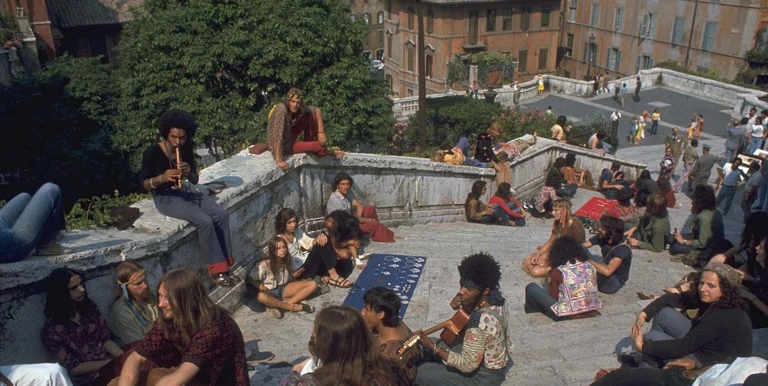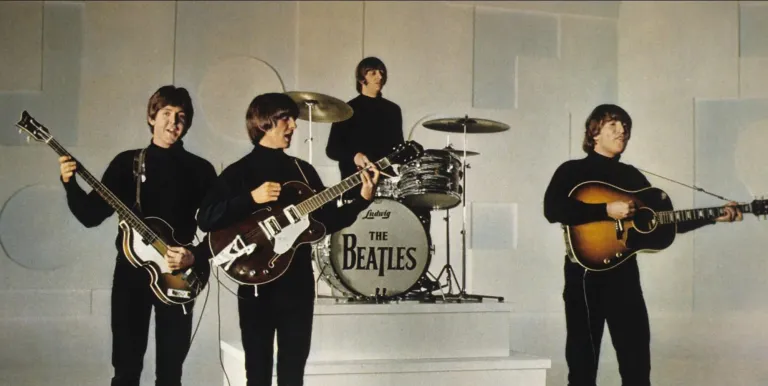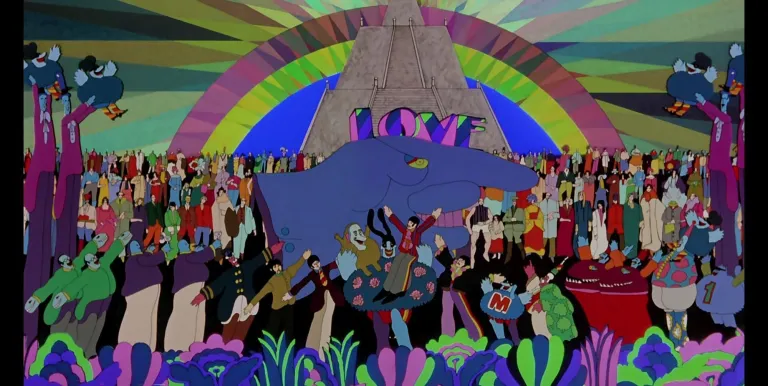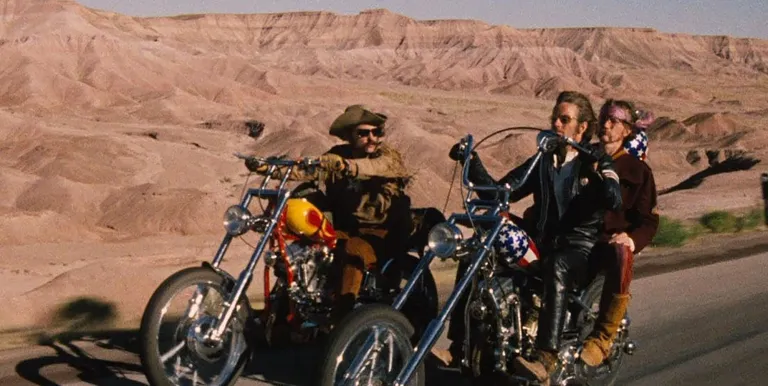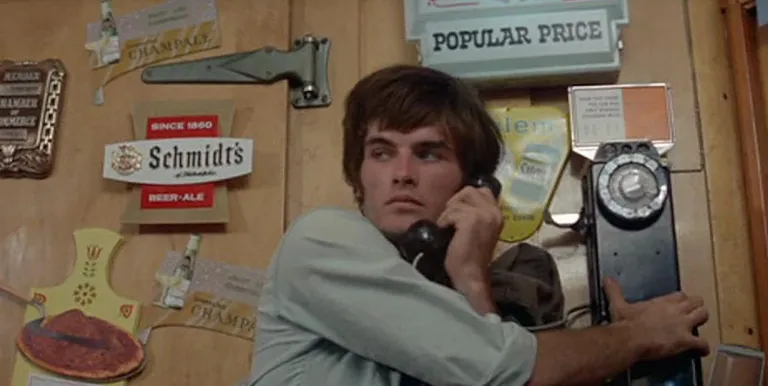Creator:
Featuring:
Fellini was happy to build from various different fragments. To put it more elegantly, he was capable of using loosely tied elements to create the thread of a story. A bit of the past, a bit of the present, a bit of history, a bit of autobiography, pieces of true memories, then a large chunk of fabricated memory. In the end, you are left with a whole that is at once amusing and produces a lump in your throat. A flighty yet ordered process that produces a precise and passionate image of places, eras, reality and memory. Fellini's Rome is an indispensable handbook for understanding and empathising with the culture, history and identity of Italy.
Just think back to La Dolce Vita! It feels like a united series of episodes held together by the personality of the protagonist Marcello. Though none of 8½, Satyricon and Amarcord is truly a work of dramaturgy either. On this occasion, Fellini doesn't even try to present this patchwork film as a united whole. He also integrates his usual complexities into the production, yet at the end of the film, when the motorcycle riders rumble into Rome, we understand that these patches are knitted together with a strong thread. While some contemporary critics saw it as straight-up poetry, others reacted against the fact that classic cinematic scenes were mixed with interviews and pseudo-documentary footage. Moreover, these often blend into each other. But hey, these are all layers of Rome. The remains of ancient Rome merge in with interpretations of the glorious past, and the glorious past merges the cult of Il Duce, until we suddenly find ourselves in a Fellini scene where honourable gentlemen hark back to the past as jackbooted policemen impassively observe the hippies. And we continually move from one of these layers to another. At the end of the film, a surreal priestly fashion show brings us into the future, spurred by the past and by memories, before then falling into the funereal dance of Nino Rota's music. Deconstructing this film is no easy matter...
In Italian, with Hungarian subtitles.
The discussions before and after the screening are conducted in Hungarian.
Presented by: Müpa Budapest
-
We wish to inform you that in the event that Müpa Budapest's underground garage and outdoor car park are operating at full capacity, it is advisable to plan for increased waiting times when you arrive. In order to avoid this, we recommend that you depart for our events in time, so that you you can find the ideal parking spot quickly and smoothly and arrive for our performance in comfort. The Müpa Budapest underground garage gates will be operated by an automatic number plate recognition system. Parking is free of charge for visitors with tickets to any of our paid performances on that given day. The detailed parking policy of Müpa Budapest is available here.

